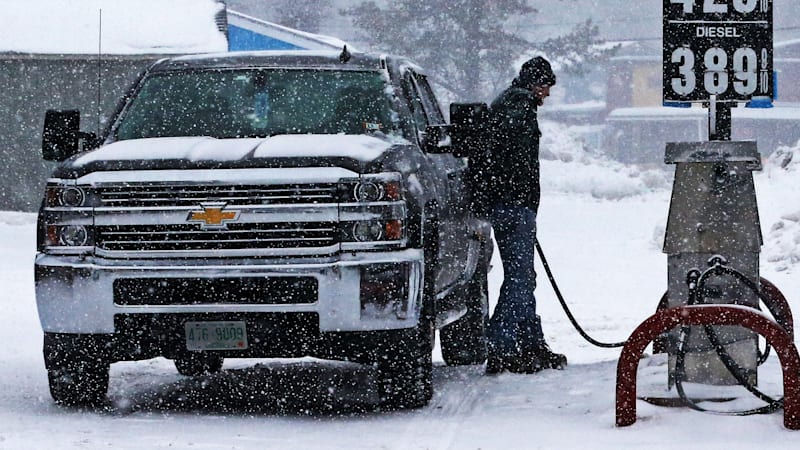Washington state to spend $450,000 studying 'gasoline superusers'

Washington state wants to study the drivers who use a disproportionately large amount of gasoline relative to other drivers, the so-called superusers. Driving.ca reports the state legislature just approved a $450,000 appropriation to get researchers in the field with the goal of finding out who these drivers are, where they live, what they drive, how much they spend on gasoline and what might induce them to switch from a gasoline vehicle to a battery-electric vehicle. The results will be given to the governor and state government by January 1, 2023.
The effort is likely cued off a report called “Gasoline Superusers.” Released by Seattle-based EV advocacy non-profit called Coltura last July, it was based on data found in the Federal Highway Administration’s (FHWA) 2017 National Household Travel Survey (NHTS). The NHTS surveyed 130,000 households, the FHWA calling it “the authoritative source on the travel behavior of the American public” because of nationwide data on every mode of non-commercial travel and the people making the journeys. Coltura coined the term “gasoline superuser” based on the fact that, according to the NHTS, 10% of light-duty-vehicle drivers use 32% of the gasoline bought by all light-duty drivers. That 10% sliver of superusers, about 25 million people nationwide, buys least 1,000 gallons per year to drive more than 30,000 miles and consumes more gas than the bottom 60%.
The Seattle Times investigated superusers in the city and the state, finding 7% of Washington state drivers consume roughly 25% of the state’s gasoline, and they are most commonly behind the wheel of a Ford F-150. Coltura’s report identified the bulk of superusers as living in rural areas, in the middle of the country or well beyond the suburbs, co-executive director Matthew Metz telling the Seattle Times, “[For] these superusers, there really is no substitute for driving for most of them. Either they’re tradespeople who are driving long distances in a pickup, or they live in exurbia where there’s no transit. They don’t have other options.”
What the organization wants to see are EVs and infrastructure that serve the needs of these drivers, not measures that try to compel superusers into EVs. One idea mentioned was to base EV incentives on how much gasoline a person uses, the Times writing, “Under this plan, superusers would receive a much greater incentive than someone who doesn’t drive a lot.”
If all goes to plan, we’ll find out what the government study discovers later this year.
Related video:



